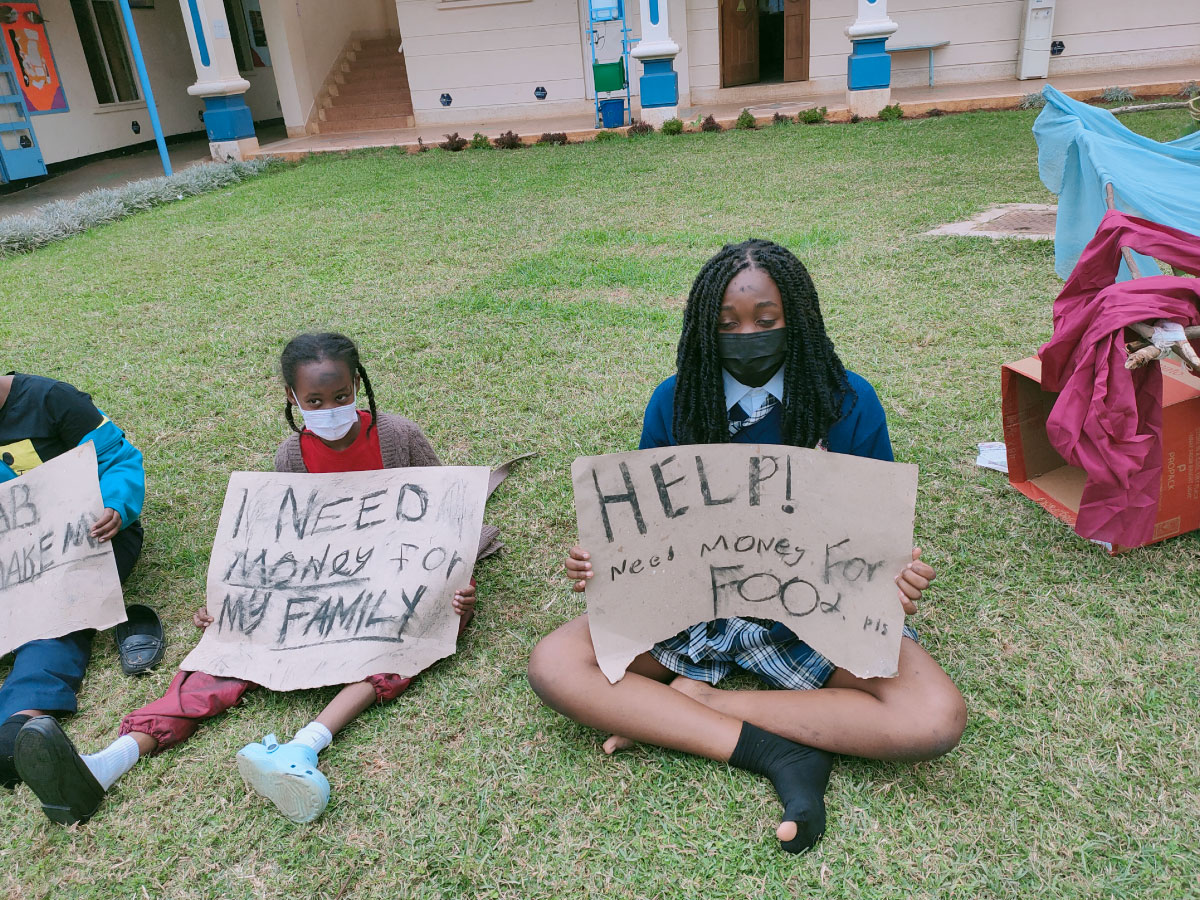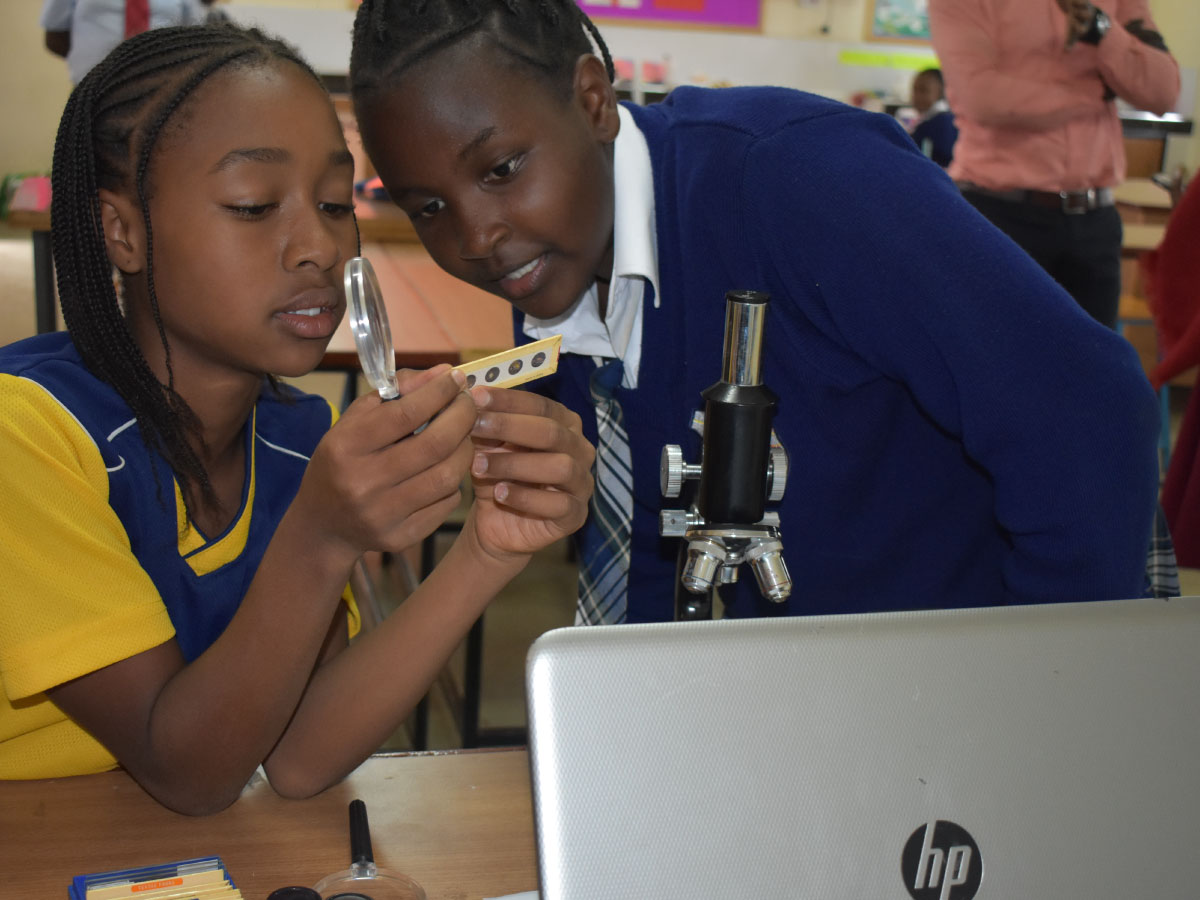Science
Science at The Nairobi Academy is experiential and aims to inspire students to gain a deep knowledge of the complex natural world around them. They gain relevant scientific skills using models, scientific enquiry, and other practical work. Learning the scientific method teaches the students to think, question, learn, solve problems, and make informed decisions. Learning experiences incorporate real-life scenarios placing the theory in context and engaging learners at many levels.








